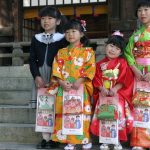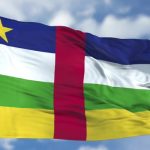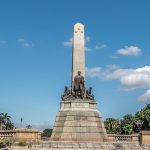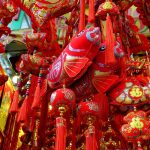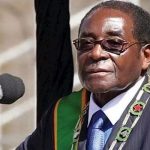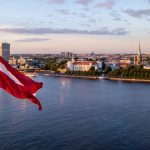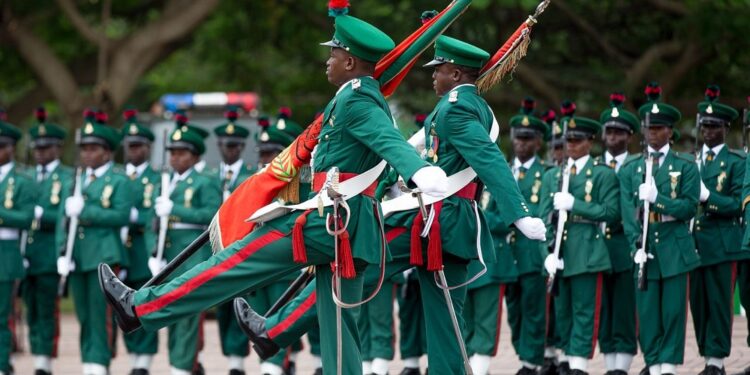
Independence Day in Nigeria
October 1st in Nigeria is celebrated as Independence Day, a significant national holiday that holds great historical and cultural importance for the country. This day marks Nigeria’s liberation from British colonial rule and signifies the nation’s journey toward self-governance and sovereignty.
Independence Day is a time for Nigerians to reflect on their history, celebrate their diverse culture, and renew their commitment to building a united and prosperous nation.
History of Independence Day in Nigeria
Nigeria’s journey to independence was a complex and transformative process. British colonial rule had a profound impact on the country, both economically and socially. After years of struggle and advocacy for self-determination, Nigeria achieved a significant milestone on October 1, 1960, when it gained independence from British colonial rule.
Nigeria became a sovereign nation with the right to determine its own destiny and governance. The process leading to independence was marked by key events, including constitutional reforms, negotiations, and political activism.
Figures such as Herbert Macaulay, Nnamdi Azikiwe, and Obafemi Awolowo played instrumental roles in advocating for self-rule and the rights of Nigerians. On Independence Day itself, the British Union Jack was lowered, and the Nigerian flag, with its green and white stripes, was raised, signifying the birth of the independent Nigerian nation.
Observing Independence Day in Nigeria
Independence Day celebrations often begin with a flag-raising ceremony. The national flag, with its green and white colors, is hoisted with pride as the national anthem is sung. Across the country, there are parades and marches featuring military personnel, schoolchildren, and cultural groups. These processions celebrate Nigeria’s diversity and unity.
Cultural festivals, exhibitions, and performances are organized to showcase Nigeria’s rich and diverse heritage. Traditional music, dance, art, and cuisine are on display, highlighting the country’s multicultural identity.
Government officials, including the President, often deliver speeches that reflect on Nigeria’s journey to independence and outline the nation’s goals for the future. These speeches emphasize unity, progress, and development.
Families and communities come together to celebrate the holiday. People wear traditional attire, decorate their homes and streets, and exchange greetings and good wishes. In the evening, fireworks displays light up the skies in major cities. Concerts, cultural shows, and entertainment events are organized for the public’s enjoyment.
Schools and educational institutions may hold special programs to educate students about Nigeria’s history, culture, and the significance of independence. This helps instill a sense of patriotism and national pride.
Independence Day in Nigeria is a time to honor the struggles of the past, celebrate the nation’s cultural diversity, and look forward to a future of unity, progress, and development. It is a day of national pride and reflection on the shared values and aspirations that bind the people of Nigeria together.

